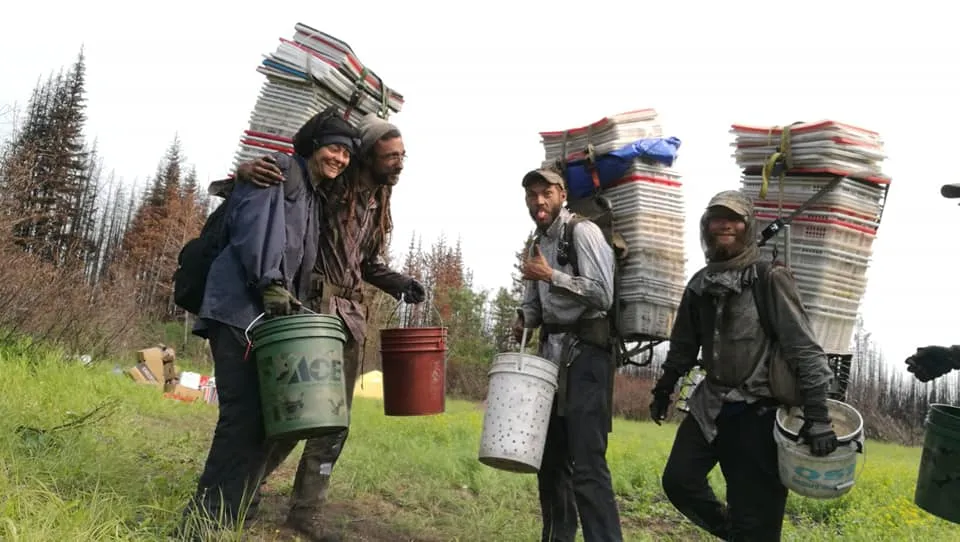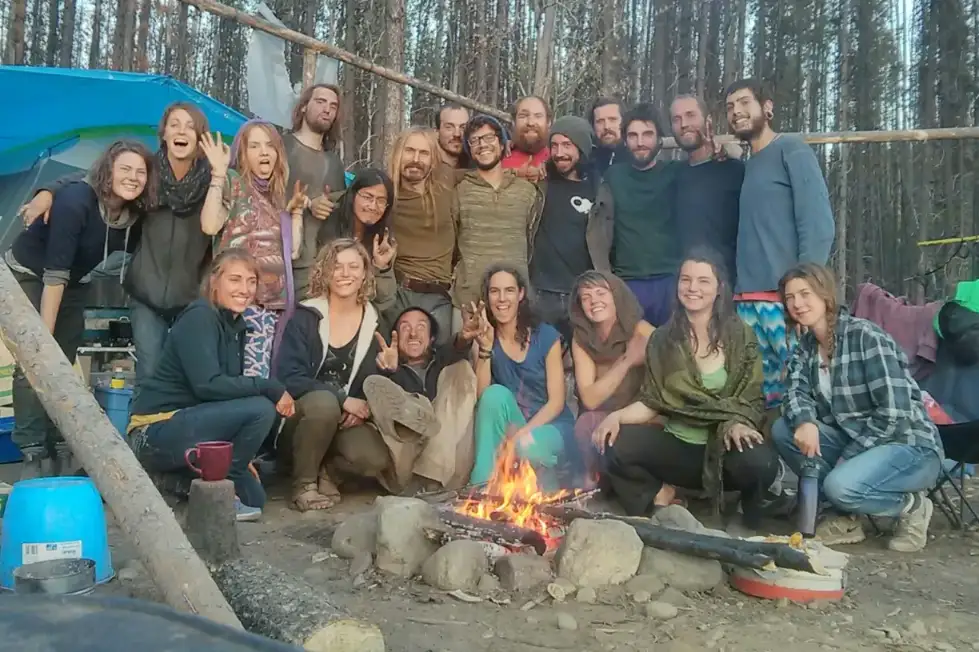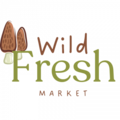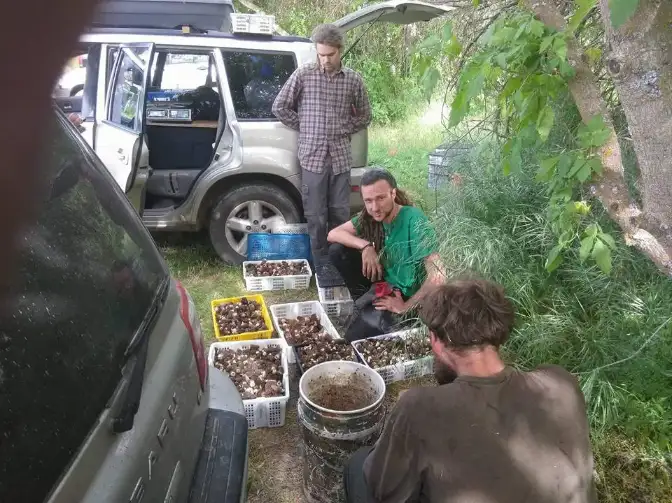At Wild Fresh, we believe in the power of community, nature, and real human connection — especially in a world increasingly shaped by AI and fast-moving logistics. That’s why we launched Sporecast — a Thursday gathering where foragers, mushroom farmers, and friends come together to share stories, challenges, and wisdom from the field.
For our first episode, we sat down with Pom (Patrice Vincent), Wild Fresh’s field manager and longtime forager. This conversation goes deep into the raw realities and profound rewards of commercial morel mushroom picking in the burned forests of the Pacific Northwest.
🏕️ Who is Pom?
Pom is a French Canadian who’s been living the nomadic life for over 20 years — fruit picking, tree planting, and foraging across North America. At one point, he helped build a fruitarian community in Costa Rica, funding it with mushroom-picking seasons in Canada.
His story is one of intentional living, deep nature connection, and resilience. He’s also held the Canadian picking record: 247 pounds of morels in a single day.
🧭 Behind the Scenes: What It Takes to Run Field Operations
We asked Pom to break down what life looks like during peak morel season:
- Camp Life: Basecamps are set up in remote burn zones, often hours away from town. Food runs are strategic missions. Buyers (like Pom) live out of their trucks and work around the clock.
- Site Selection: Choosing the right burn site involves analyzing fire timing, elevation, forest type (avoid Douglas Fir!), soil conditions, snowfall, and even helicopter access.
- Daily Rhythm: Pickers hike steep terrain all day with 100+ lb loads. Evenings are for sorting, grading, and payout — often paid in cash, face to face, by lantern light.

💰 The Price War and the Ethics of Foraging
One of the most eye-opening parts of the podcast was Pom’s candid breakdown of the price dynamics in the mushroom world.
“A picker shouldn’t be making just $100 a day for hiking 8 hours. That’s not ethical.”
Pom explains how Wild Fresh is trying to build the first fair trade mushroom company, respecting the seasonal, high-risk nature of this work. He also reveals how some companies coordinate prices via backchannel chats — a gray area that can help stabilize chaos but also risks ethical concerns.
“We’ve been fighting for a price floor that actually respects the effort of foragers. Even if it means we sell less.”
🌲 Culture, Camps & High Ballers
This isn’t just about mushrooms — it’s about people.
Pom shares the cultural contrast between foraging scenes in Canada and the U.S. In Canada, camps are homes: with kitchens, fires, drums, and a sense of family. He dreams of bringing that vibe to the U.S. operations.
We also talked about the role of the “high baller” — the one person in camp who keeps finding big loads when morale dips. Their quiet determination lifts everyone.
“You need a high baller. When people think the forest is empty, one person shows up with 120 pounds. That’s when hope returns.”

🐻 Encounters with the Wild
From chasing off bears with sticks to dodging grizzlies in Canada and even a story or two about wolverines and Sasquatch — it’s clear that commercial foraging is as wild as it gets.
But through it all, there’s one thread that keeps Pom going:
“Coming back to camp with full baskets, eating by the fire, playing drums… That’s when I remember why I still love this.”
🫱🏽🫲🏾 A New Way Forward — Together
As the podcast opened up to participants, a powerful theme emerged: we are not competitors — our real competition is the industrial food system. The more we share knowledge, logistics, and support, the better chance small farms and wildcrafters have to thrive.
“We’re fighting over 1 percent of the market. But if we collaborate, we can grow the rest.”
▶️ Listen to the Full Podcast
This is just a taste of what Sporecast offers. Tune into the full conversation below to hear more from Pom — including wild harvest ethics, how he chooses his crews, and how we can all stay human in a world of increasing automation.


Leave a Reply